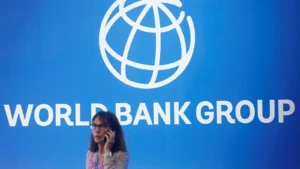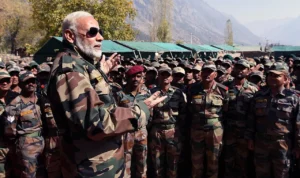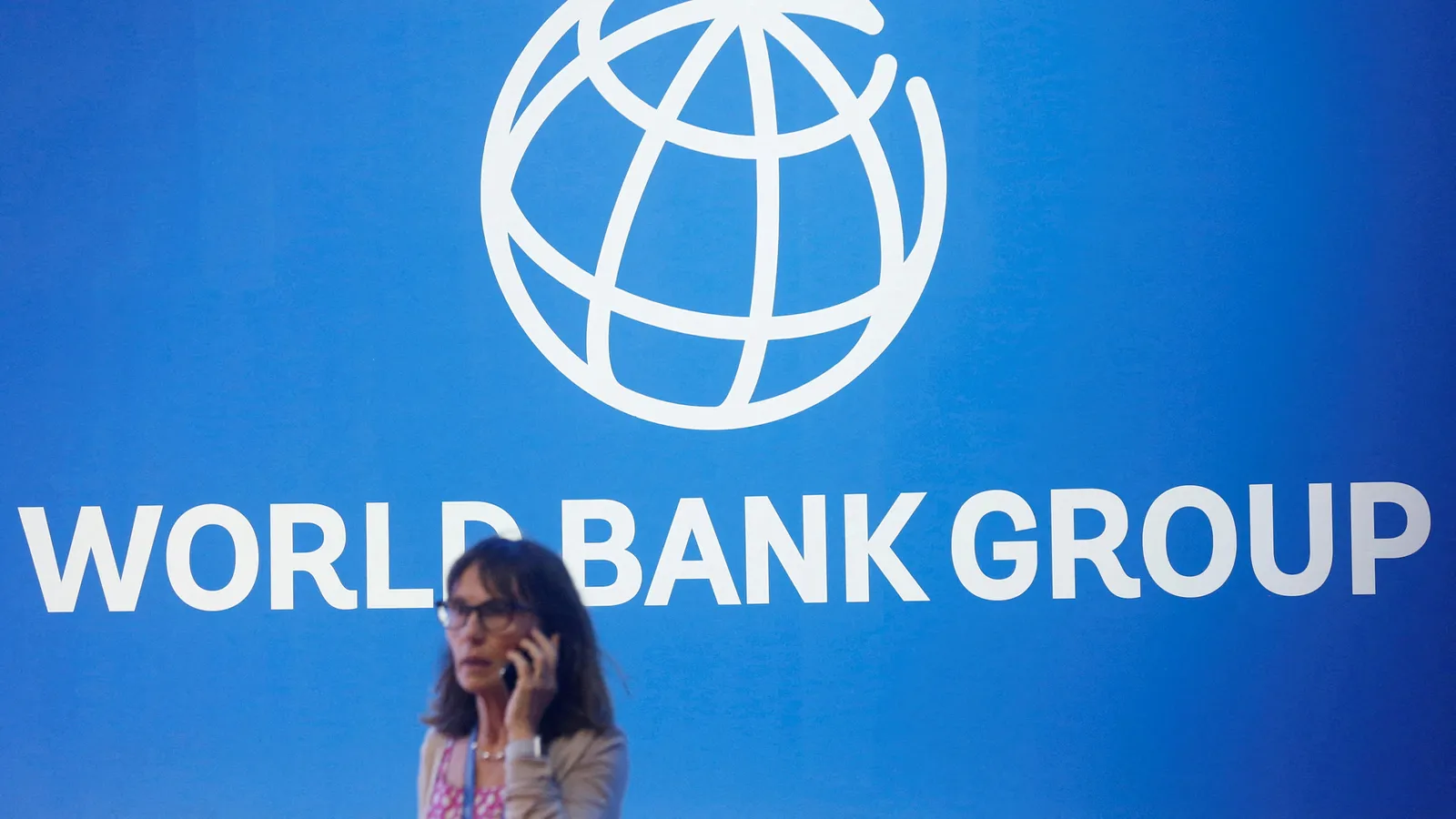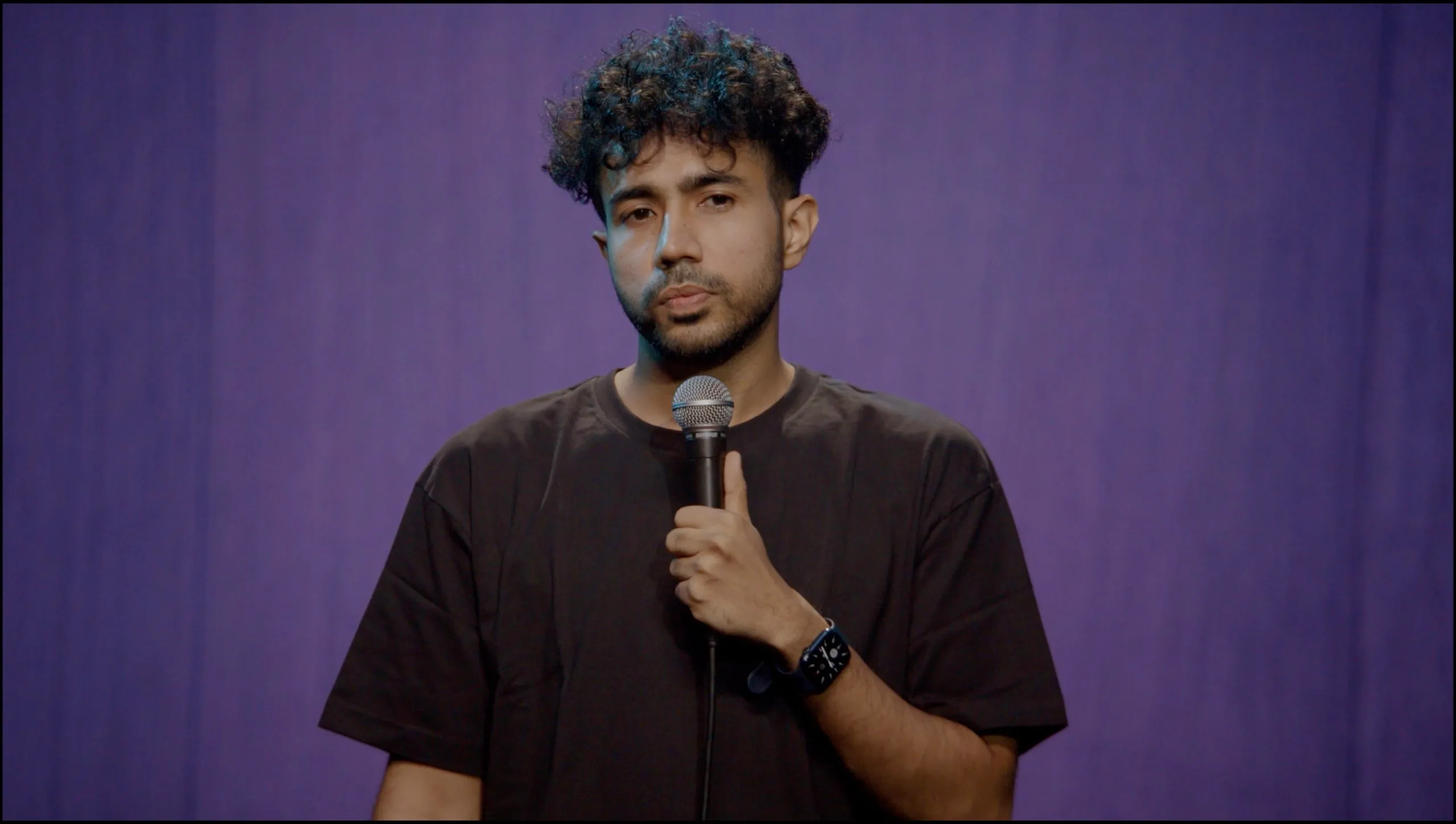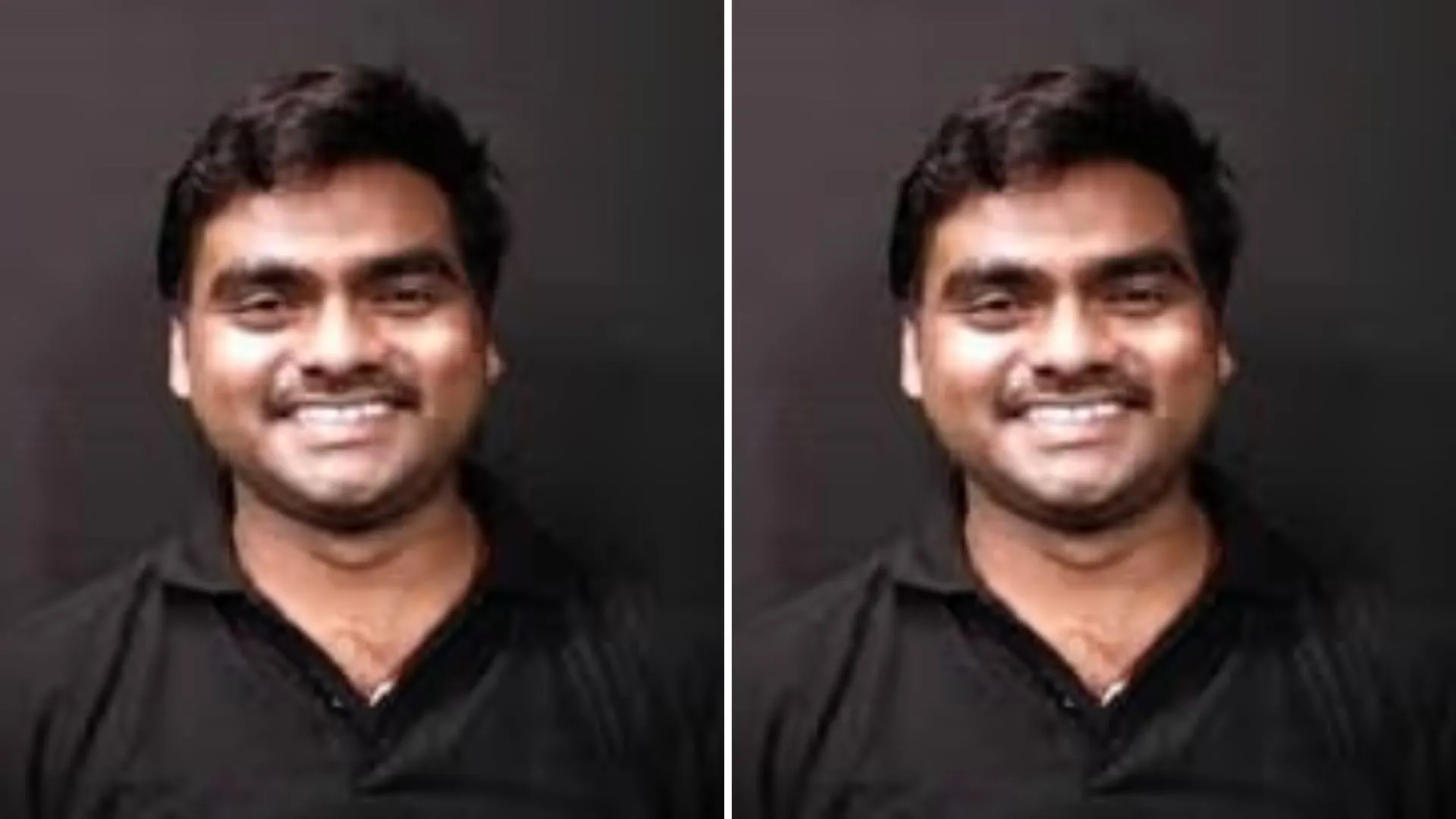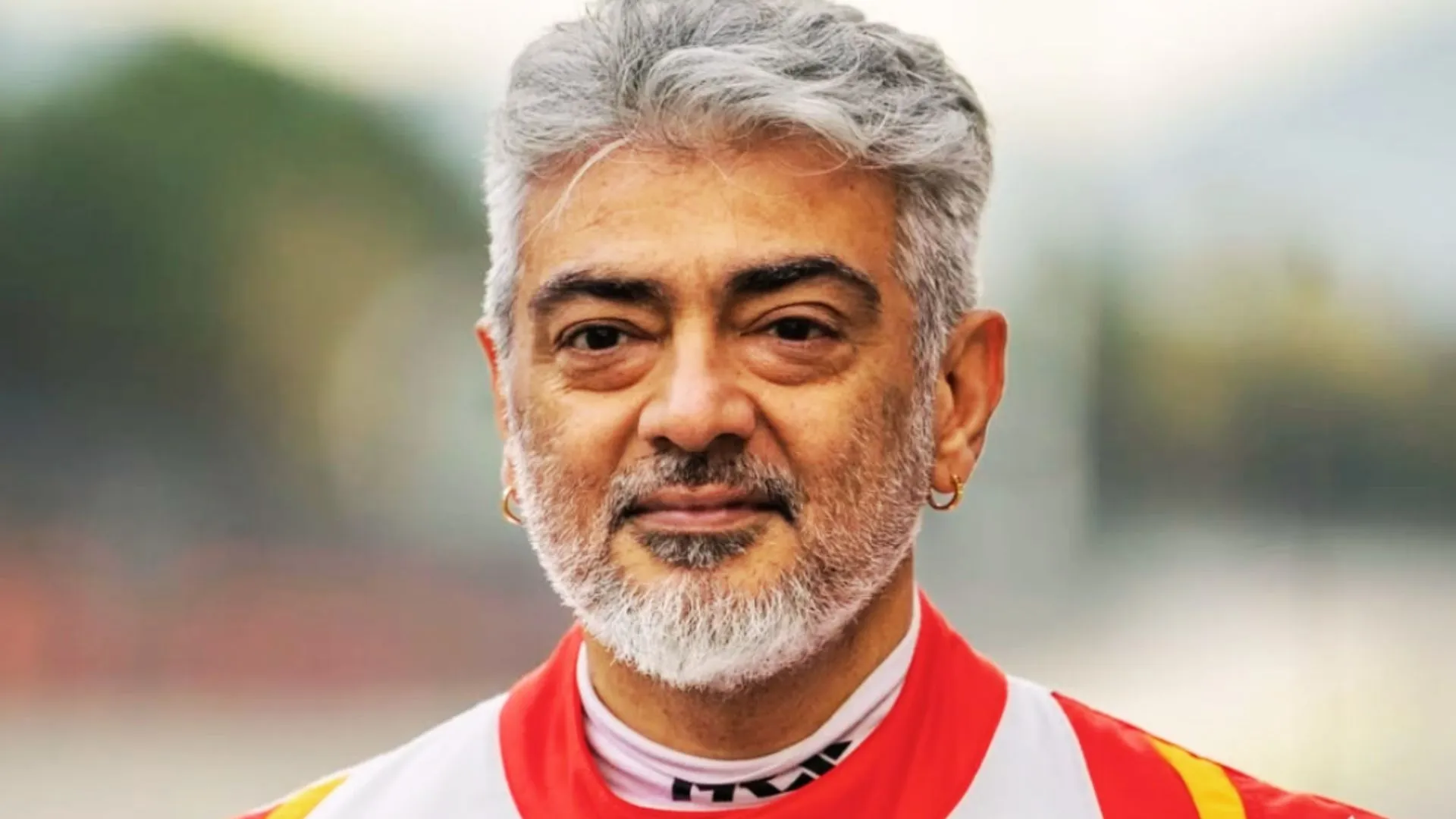Since earlier this month, Haiti has been in a state of emergency following a violent assault on the largest prison in Port-au-Prince. This incident resulted in casualties among police and prison personnel, with approximately 3,500 inmates escaping.
Jimmy “Barbecue” Cherizier, a prominent gang leader, claimed responsibility for the attack and asserted that the prison break aimed to topple Henry’s administration.
United Nations estimates suggest that gangs presently dominate 80% of Haiti’s capital, with ongoing conflicts for control over the remaining territory. During Henry’s absence, gangs besieged the nation’s primary airport to hinder his return safely.
The rampant chaos has compelled tens of thousands to evacuate their residences, exacerbating the plight of over 300,000 individuals already displaced due to gang-related violence.
Given the historical connections between the country’s gangs, politics, and business, a transitional phase marked by power struggles may lead to heightened unrest on the streets.
Are the gangs still fighting among themselves?
This marks a significant shift. Previously, the gangs engaged in internal conflicts, but in early March, they unified under the banner of “living together.” Leading this coalition is Jimmy Chérizier, also known as “Barbecue,” who appears to be their representative. He emphatically stated that resolving the crisis necessitates their direct involvement in establishing a new government. Failure to do so, he cautioned, would result in the gangs persisting in using their arms to pursue their objectives.
Can the U.S., Canada or Mexico intervention change the situation?
Approximately 2½ years ago, when the crisis began, the initial stance of the U.S. was a firm rejection of deploying American troops. Subsequently, approaches were made to Chile, Mexico, and Brazil, all of whom declined participation. The Canadians initially hesitated but ultimately declined as well.
Each of the seven voting members will represent different groups: Collectif, December 21, EDE, Lavalas, Montana, Pitit Desalin, and the private sector.
One observer will be from civil society, and the other will be from the InterFaith community, according to an agreement by CARICOM.
The names of the individuals representing these groups have not been announced yet.
Two groups with voting seats on the council, December 21 and Montana, were part of previous attempts to create a transitional government that didn’t succeed. These were known as the December 21 Accord and the Montana Accord.
The December 21 Accord was signed by a mix of business, civil society, political actors, and the current Haitian Prime Minister Ariel Henry in 2022. They aimed to have an elected government by February 7, 2024, but Henry didn’t give official power to the council.
The Montana group, led by Haitian economist Fritz Jean, formed after the 2021 assassination of former Haitian President Jovenel Moïse. It’s named after the Montana Hotel where they used to meet.
Fanmi Lavalas (FL), or Lavalas Family, is the political party of former Haitian President Jean Bertrand Aristide. It’s a social-democratic party that gained power in 1990 through a popular movement known as Lavalas.
Pitit Dessalines is led by Jean-Charles Moïse, who ran for president in 2015 and 2016. The party is named after Haitian revolutionary leader Jean-Jacques Dessalines.
Les Engagés pour le Développement (EDE) is a political party formed by former Haitian Prime Minister Claude Joseph in 2021.
The Collectif is a coalition of political parties opposing Ariel Henry and pushing for a transitional government since the assassination of former President Jovenel Moise in 2021. They haven’t chosen a group leader yet.



